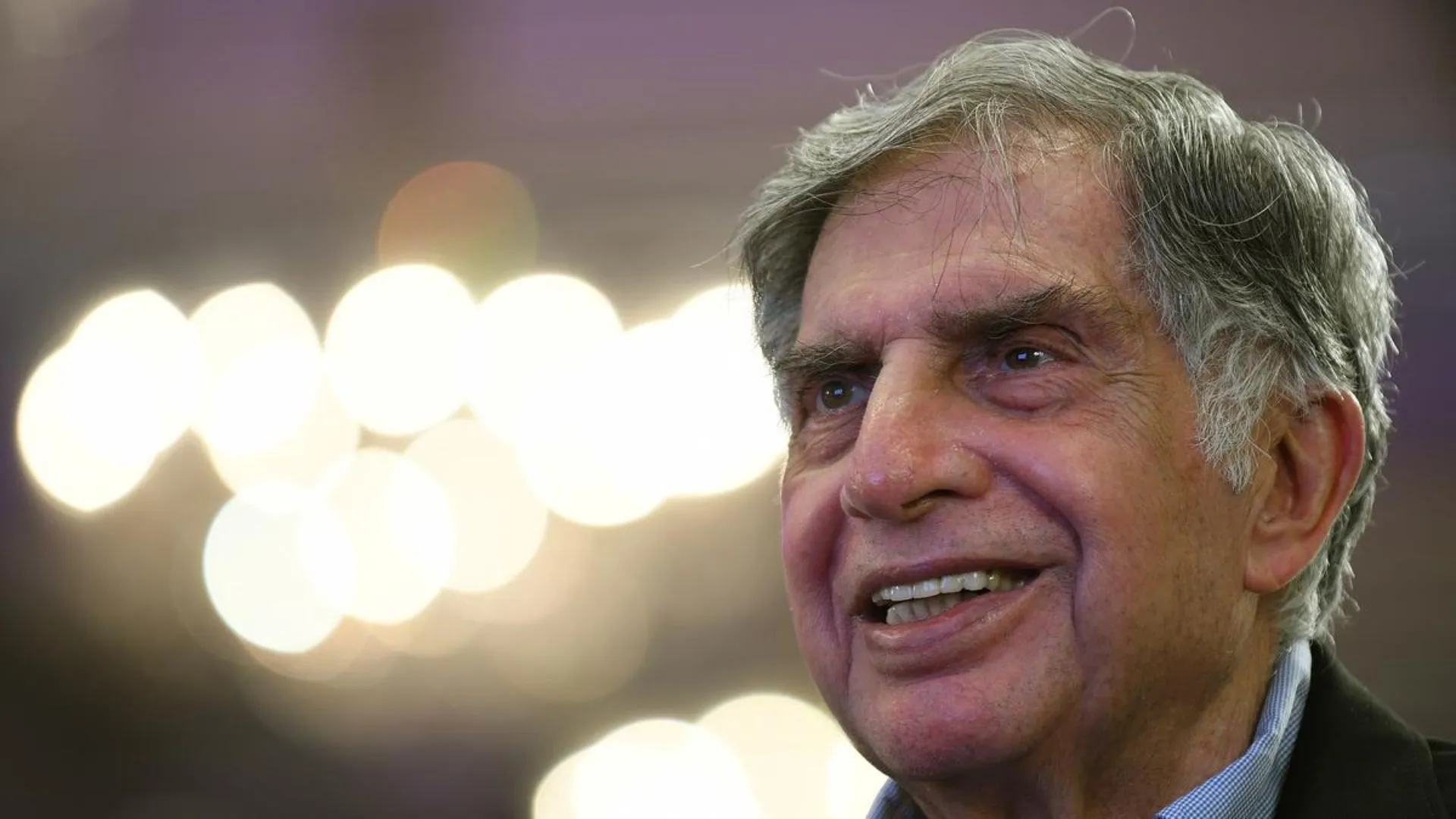Ratan Tata, the esteemed Indian industrialist and former chairman of Tata Sons, passed away on Wednesday at the age of 86. His departure has sparked an outpouring of grief and tributes from leaders across various sectors, including Prime Minister Narendra Modi and industrialist Anand Mahindra. As one of India’s most recognized business figures, Tata’s impact on the economy and society has been profound.
Humble Beginnings and Steady Rise
Born in 1937 into the illustrious Tata family, Ratan Tata faced early challenges, including his parents’ separation at the tender age of 10. Raised by his grandmother, he imbibed the values of resilience and family. Despite growing up in privilege and earning degrees in architecture and structural engineering from Cornell University, Ratan chose to start his career on the shop floor of Telco (now Tata Motors) in 1962, where he learned the ropes by shoveling limestone and working in blast furnaces.
His ascent through the ranks was steady and earned, culminating in his role as director of National Radio and Electronics (NELCO) in 1971. Ratan Tata’s journey reflects an unwavering commitment to hard work and a deep understanding of the nuances of the common man. As he once said, “Our grandmother taught us to retain dignity at all costs, a value that’s stayed with me until today.”
Connecting with the Masses
Ratan Tata’s ability to connect with the Indian public was evident in his visionary projects like the Tata Nano, the world’s most affordable car, aimed at improving mobility for families. His empathy for the common man was evident when he recalled, “I remember seeing a family of four on a motorbike in the heavy Bombay rain – I knew I wanted to do more for these families who were risking their lives for lack of an alternative.” The Tata Nano was a manifestation of his belief in empowerment through innovation.
The Bold Risk-Taker
Ratan Tata’s leadership transformed the Tata Group into one of India’s most ubiquitous brands, recognized for everything from Tata Salt to Tata Motors. However, this remarkable journey was not without its challenges. In 1991, upon taking over from JRD Tata, he embarked on a major restructuring of the company during a time of economic liberalization in India.
Under his stewardship, the Tata Group expanded significantly, executing high-profile acquisitions like Tetley, Corus, and Jaguar Land Rover. These daring moves enabled the Tata Group to establish a global presence, with operations now spanning over 100 countries. As he famously stated, “The biggest risk is not taking any risk. In a world that is changing quickly, the only strategy that is guaranteed to fail is not taking risks.”
A Lifetime of Giving Back
Beyond business success, Ratan Tata was a committed philanthropist. His foundation, Tata Trusts, is one of India’s largest charitable organizations, focusing on education, healthcare, and rural development. His generosity shone through during the COVID-19 pandemic when he donated Rs 500 crore to support relief efforts.
Additionally, Tata made a significant contribution of $50 million to Harvard Business School to establish an executive center, reflecting his dedication to education. His philanthropic efforts extended to various initiatives, including the Taj Public Service Welfare Trust, which he established to assist victims of the 26/11 Mumbai attacks.
His passion for animals was also noteworthy, with many stray dogs finding a home at Tata Sons’ global headquarters, Bombay House. The bond he formed with Shantanu Naidu, who shared his love for dogs, illustrates the personal connections that enriched his life.
Honoring a Multifaceted Legacy
The Indian government recognized Ratan Tata’s contributions to society and industry with the Padma Bhushan in 2000 and the Padma Vibhushan in 2008, two of India’s highest civilian honors. He also received honorary doctorates from several prestigious institutions.
Ratan Tata leaves behind an unparalleled legacy, a testament to a life dedicated to excellence, compassion, and innovation. His influence will resonate for generations to come, reminding us all of the profound impact one individual can have on both business and society.
ALSO READ: Ratan Tata’s Financial Legacy: A Look At the Wealth Of A Visionary






















